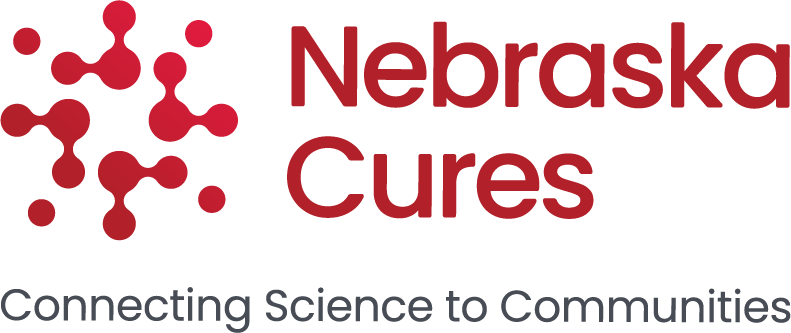By David Crouse, Ph.D.
On May 26, 2021, the International Society for Stem Cell Research (ISSCR) released updated Guidelines for Stem Cell Research and Clinical Translation. This represents the first revision of these Guidelines since they were updated in 2016. There is no question that the science and clinical applications of stem cells have changed greatly over that time. The ISSCR is a global, nonprofit organization that promotes excellence in stem cell science and applications to human health. The new Guidelines represent an extensive, detailed revision and are available on the web at: ISSCR Guidelines. The Guidelines cover emerging advances in the basic sciences and clinical possibilities including stem cell-based embryo models, human embryo research, chimeras, organoids, and genome editing. The area that has received the greatest attention among scientists and the public relates to changes in the Guidelines regarding various aspects of embryo research.
It is important to note that these are “Guidelines” and not in any way “laws”. Since about 1979 the “14-day-rule,” has been a standard that proposed limiting laboratory studies of human embryos for no more than that two-week period after fertilization. The 14-day time was chosen as a limit because it is at the start of the third week that the first definitions of specific tissue types appear (e.g., cells of the central nervous system – the “primitive streak”). As a practical matter, culture of human embryos beyond 14 days or even less than that has been impossible. It is only recently that laboratory techniques have advanced to allow culturing embryos beyond 14 days and that helped push for a reconsideration of the limit.
It also should be pointed out the great majority of these lab-grown embryos are leftovers from in vitro fertilization procedures that are considered no longer suitable for implantation. The 14-day-rule has become the law in some countries including the United Kingdom, Canada, Sweden, South Korea, Australia, and several others. In the United States it is controlled largely by funding agencies such as the NIH which specifies that they cannot fund research that creates or destroys human embryos. Thus, embryo research in the US goes on without federal support. Although some states have laws restricting such research, there are no federal laws in the US that limit such cultures. The new Guidelines do not propose a specific time at which embryos should no longer be cultured but rather, they encourage a case-by-case, multiphase review of the proposed research to determine just when the cultures should be ended. Such review could also consider the creation of embryo-like structures (embryoid bodies). The new Guidelines also advise against allowing genetic editing of cultured embryos, creating human-animal chimeras, cloning, or transferring human embryos to other animal species. These new Guidelines would require development of appropriate oversight processes, but they may be accomplished by revision of the duties of current Stem Cell Research Oversight committees (SCROs). Needless to say, the proposed change in the “14-day-rule” has been controversial in both the scientific and lay literature.
The revised Guidelines have been extensively covered by several prominent scientific journals and major news outlets:
Nature – Limit on lab-grown human embryos dropped by stem-cell body (nature.com);
Science – Stem cell guidelines open door to more permissive research on human embryos | Science | AAAS (sciencemag.org);
Stem Cell Reports – ISSCR’s Guidelines for Stem Cell Research and Clinical Translation: Supporting development of safe and efficacious stem cell-based interventions;
The Scientist – Human Stem Cell Research Guidelines Updated | The Scientist Magazine® (the-scientist.com)
LA Times – Change may allow scientists to grow human embryos longer – Los Angeles Times (latimes.com);
ABC News – New guidelines suggest lifting ’14-day rule’ on growing human embryos in the lab (nbcnews.com);
PBS News (Nova) – Should We Study Human Embryos Beyond 14 Days? | NOVA | PBS;
USA Today – Embryo research: 14-day rule under review, raising ethical questions (usatoday.com).
As a final note, there is an excellent You Tube video that describes the underlying science and ethical issues surrounding such a change in culture guidelines: (2) Why Scientists Might Drop the 14-Day Limit on Human
Embryo Research – YouTube.
